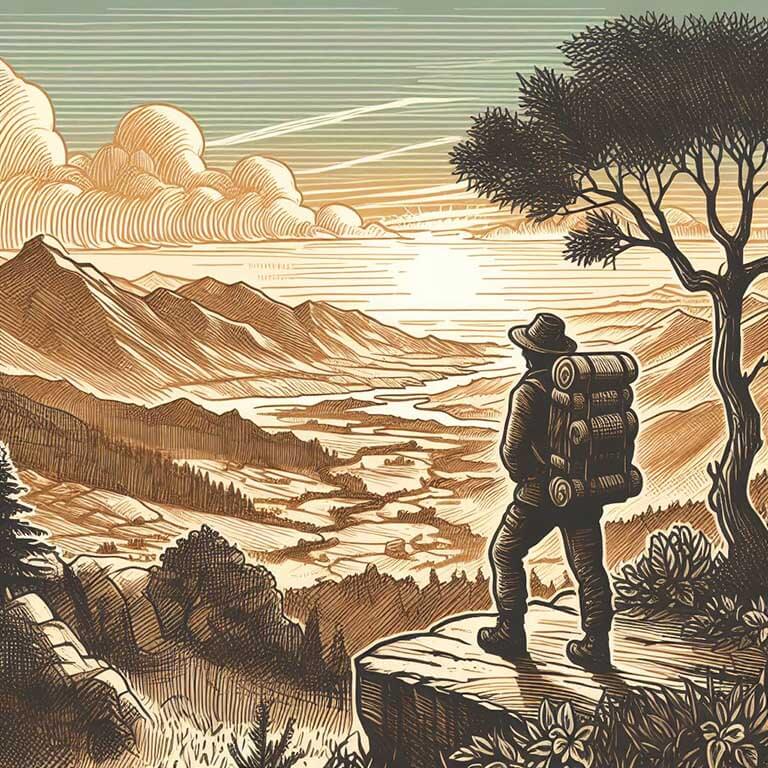Without a Little Risk, There Is No Adventure

Since acquiring an Oura Smart Ring, I’ve been tracking my rest patterns. In early February, I noticed that watching movies and TV helped me rest well, despite avoiding them for the past few years.
Action and adventure movies have particularly caught my attention. These films remind me that adventure requires risk. It doesn’t mean stealing a pirate ship or climbing Mount Everest, but it does involve taking calculated risks. This concept resonates with me as I read psychology books on parenting, an area where I’ve felt unsure but have observed many young people today reluctant to take risks, which holds them back from experiencing life’s beauty and adventure.
When I set out to get my first job, I took a risk. I leveraged my relationships to navigate my way into a meaningful position. There was a possibility of being laughed at or dismissed, but I believed the risk was worth it and succeeded in getting several jobs.
This was a relatively small risk, and I believe it’s the level of risk I’m referring to in general. It involves being willing to risk things like pride that don’t truly matter. However, I don’t advocate for reckless risks like walking down the middle of the road. Instead, it requires taking calculated risks that might sometimes go sideways.
Another personal example is my bike-packing trip across New York State. There was a risk of discomfort, getting stranded, or having to walk long distances, but the chances of serious injury or death were low. This trip turned out to be one of the most enjoyable experiences I’ve had in the last decade.
These examples illustrate a mindset that more people, including myself, should adopt. Regularly taking calculated risks is crucial because it helps us develop risk tolerance. As we succeed and fail in smaller risks, we learn our risk limits and what’s worth pursuing.
Sometimes, these risks end in failure, and that’s okay. However, as a close friend reminds me, failure is only a waste if we don’t learn from it. Learning from our failures transforms them into investments in our knowledge, experience, and resilience.
Therefore, I encourage myself and others to take more risks, cautiously but confidently, to chart a path into the unknown. Adopting this mindset in various aspects of our lives, day to day, year to year, and decade to decade, will ultimately benefit us all.